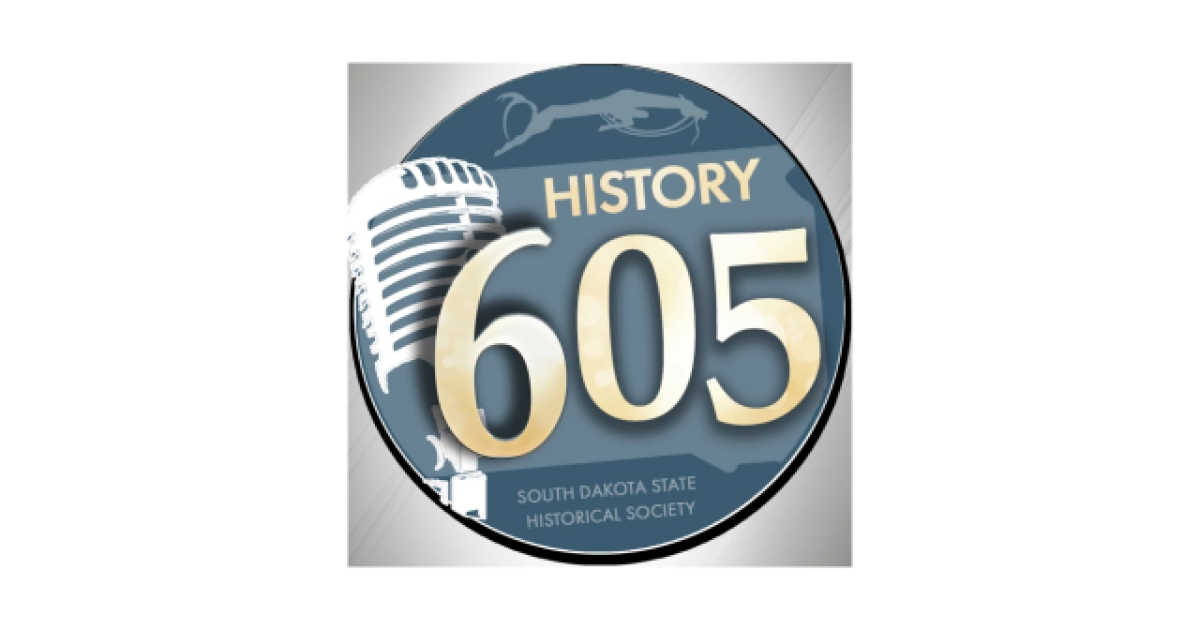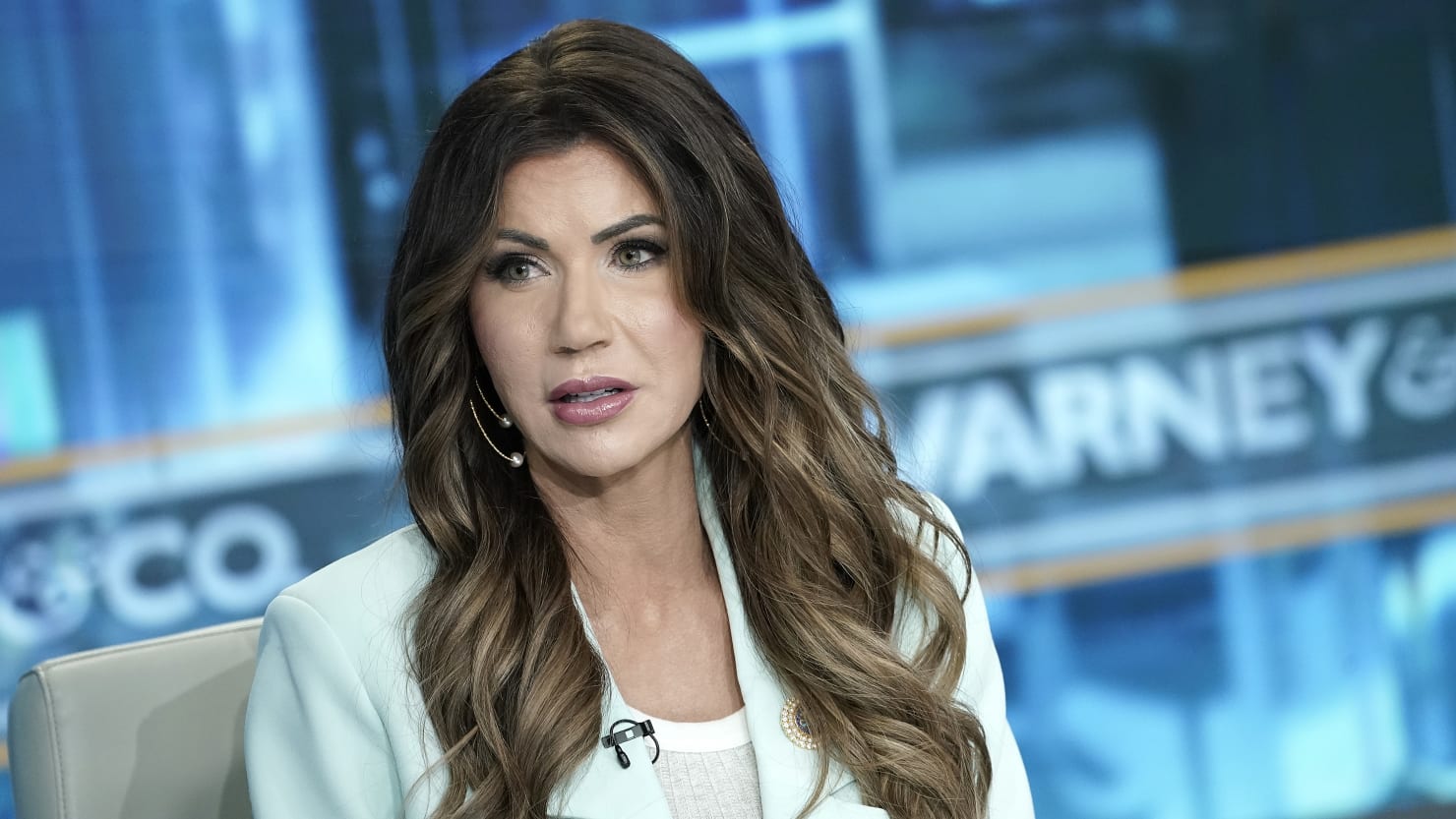South Dakota
Where major education bills stand as Legislature’s main work ends until Veto Day
This legislative session was a “banner year for education.”
That’s the sentiment of House Majority Leader Will Mortenson (R-Fort Pierre). After all, the 2024 legislative session saw frank conversations about the state’s teacher pay situation, school safety and school lunch, as well as support from lawmakers regarding a tuition freeze and a 4% increase in funding to education.
More: $7.3 billion South Dakota budget funds $27 million increase, new programs and more
All of the following bills can move forward if Gov. Kristi Noem approves the budget as it stands, and doesn’t veto any of the bills that have passed by Veto Day on March 25. Here’s a closer look at what’s at stake:
Teacher pay, education funding and a tuition freeze
State employees and educators will get the 4% increase in education funding both they and Noem wanted to see this year, an increase that will benefit public K-12 and higher education.
Technical colleges and state universities will also see a tuition freeze for the third year straight, an addition to the budget Noem hadn’t originally supported in December, and a move that will keep students’ tuition from rising.
Multiple bills came up dealing with the state’s near-last-in-the-nation average teacher salary. The main one passed is Senate Bill 127, which requires districts to raise their average teacher compensation, which affects salary, by 97% of the increase approved by the Legislature and governor each year starting July 1. Noem signed the bill on Wednesday in Mitchell.
SB 127 also requires each district to pay their teachers a salary at least equal to a new state minimum teacher salary of $45,000. That’s where the figure will start in fiscal year 2025. It will increase by the percentage change in target teacher salary from the previous fiscal year to the current fiscal year each year going forward.
Districts that don’t follow the bill by increasing average teacher compensation and paying teachers at least the state minimum teacher salary could face an accreditation review, or could be penalized $500 in state aid for each full-time teacher employed in the district.
A similar bill, House Bill 1048, was tabled in the Senate. It progressed through most of the legislative session until SB 127 was amended and took over.
More: South Dakota Legislature passes bill aiming to increase teacher salaries, compensation
Another bill, House Bill 1201, is awaiting the governor’s signature and would appropriate $800,000 to the Department of Labor and Regulation for the teacher apprenticeship pathway program.
More than $3 million in funding for a major higher education project, the Center for Quantum Information Science and Technology, is contained in Senate Bill 45, which Noem signed at Dakota State University on Wednesday.
More: Why 4 of South Dakota’s universities want a Center for Quantum Information Science
Noem also signed House Bill 1022, a $6 million appropriation to the Department of Education to provide professional development to teachers on literacy education based on the science of reading, in Mitchell on Wednesday.
Attempt for school safety results in concealed carry in schools
Sen. Brent Hoffman (R-Hartford) brought three different school safety bills this session: Senate Bill 34, Senate Bill 103 and Senate Bill 203.
SB 34 would’ve required all 148 public K-12 school districts and all 706 public K-12 school buildings in the state to have a school sentinel or school resource officer, but it was killed in the Senate Education committee.
SB 103 would’ve required each exterior door of a public school that’s unlocked during regular school hours to be monitored and controlled by a school district employee or school resource officer who’s physically present, and would’ve required video surveillance at main school doors, but a vote to pass the bill with an amendment failed in the Senate.
SB 203 was the only bill to make it out of the Legislature, and lets school principals give written permission to individuals 21 or older with an enhanced permit to carry a concealed pistol at public elementary or secondary schools. It’s on Noem’s desk.
More: South Dakota bill would allow principals to decide who concealed carries guns in schools
School lunch bills failed
There were two different attempts to free up some of the costs families face when paying for school lunch: Rep. Kadyn’ Wittman’s (D-Sioux Falls) House Bill 1042, and Rep. Tyler Tordsen’s (R-Sioux Falls) House Bill 1238.
HB 1042 would’ve covered the cost of breakfast and lunch for students who qualify for free or reduced-price meals at an estimated cost of $578,000 per year, but was killed in the House Education committee.
HB 1238 would’ve covered costs for families with incomes less than 209% of the poverty line who aren’t already eligible for free or reduced-price meals through federal programs. Tordsen estimated the annual cost between $1 million and $1.5 million. His bill was killed in the House Committee on Appropriations.
Mixed bag on bills monitoring content, events in educational settings
Noem has a chance in the coming days to sign House Bill 1178, which prohibits the Board of Regents or any institution under its control from using state resources for “obscene live conduct.”
HB 1178 mirrors two similar bills from 2023, House Bill 1116 and House Bill 1125, which were an attempt to prevent events such as the student-led drag show on campus at South Dakota State University in November 2022 from ever happening again.
More: Senate committee advances bill banning ‘obscene live conduct’ at South Dakota universities
Two more outright anti-drag bills, House Bill 1113 and Senate Bill 184, were killed in the early stages of being introduced.
HB 1113 would’ve prohibited the use of state resources for the provision of “lewd or lascivious content,” and sought to limit state agencies, institutions or public school districts to spend money or use state-owned facilities to develop, implement, facilitate, host, promote or fund any “lewd or lascivious content.” HB 1113 was killed in the House State Affairs committee.
SB 184 would’ve made someone guilty of disseminating material harmful to minors, a class one misdemeanor, if they were performing in drag. The bill was killed by the Senate Education committee.
Noem has already signed House Bill 1197, which requires schools to publish online or in their local newspaper what policies they have that restrict minors from accessing obscene matter or materials, something that was largely already in place on many district websites or in their policy handbooks.

South Dakota
History 605 S4, Ep 6: Citibank and South Dakota

In this episode we speak with Sean Vanatta who has written “Plastic Capitalism: Banks, Credit Cards, and the End of Financial Control.” Vanatta describes how Citibank and South Dakota changed the credit card industry in the United States. An unconnected series of events that involves the US Supreme Court, the Federal Reserve, the South Dakota Legislature and the national demand for credit cards brings together two very different but desperate entities: the state of South Dakota led by Governor Bill Janklow, and Citibank, a large international New York bank led by President Walter Wriston. Their desperate need for one another changed South Dakota’s economy as well as consumer credit for millions of Americans. It’s all an amazing story of coincidences that’s important to part of South Dakota’s history. For more, the book can be found here: Plastic Capitalism (yale.edu)
South Dakota
Kristi Noem Made Yet Another False Claim in Her Book

Kristi Noem just can’t get her facts straight. After a flopped press tour for her new book—where she confronted questions over anecdotes on meeting North Korean ruler Kim Jong Un (she didn’t) and killing her dog (she did)—Noem also falsely claimed in her book that Sen. Mike Rounds (R-SD) called for former President Donald Trump to drop out in 2016. Noem claimed that Rounds and the “entire delegation in South Dakota was not supportive of Trump” after the Access Hollywood tape came out. “Every one of the Republicans called for Trump to drop out of the race, which meant they believed Hillary Clinton should be the next president. Amazing, right?” she wrote. But Rounds’ camp is contesting this. “We have not read the book, but someone pointed out that among the inaccuracies, there was one that referenced Sen. Rounds,” Rounds spokeswoman Lydia Hall told The Dakota Scout. “We’ve asked the publisher to correct that error in their next revision and they confirmed that they are making the correction after reviewing the facts.”
Read it at The Dakota Scout
South Dakota
Survey says nearly two-thirds of SD educators use Indigenous standards • South Dakota Searchlight

Survey results indicate nearly two-thirds of South Dakota public school educators are teaching the Oceti Sakowin Essential Understandings, but the number of respondents is lower than the last survey.
The essential understandings are a set of standards approved in 2018 for teaching students about Native American culture and history. “Oceti Sakowin” is the collective term for Lakota, Dakota and Nakota speaking Native Americans, many of whom live in South Dakota. There are nine tribal nations within the state.
About 62% of teachers are using the standards, based on a survey conducted by the state Department of Education in 2023 — a “remarkable increase” from 45% in 2021, said Fred Osborn, director of the Office of Indian Education, which is under the supervision of the state Department of Tribal Relations. He presented the survey results to the Indian Education Advisory Council earlier this month.
Use of the standards is optional. The survey is used to understand how the standards are being implemented, and to help state officials encourage statewide adoption.
“The key is there’s improvement,” Osborn said. “It’s not perfect yet. There’s still work to be done, but we’ve come a long way from 45% of teachers. We hope that increases every year.”
Osborn added that the Office of Indian Education provided 10,000 copies of books on the Oceti Sakowin Essential Understandings through a Bush Foundation grant since the first survey, and sent out education packets for all grade levels last fall.
Fewer survey responses
Only about 385 educators took part in the 2023 survey, compared to 554 in 2021.
The 2023 survey also does not list how many public school districts were represented in the survey, whereas 2021’s survey had responses from 125 of the state’s 149 school districts. The school district identification question was changed between 2021 and 2023, said department spokesperson Nancy Van Der Weide. The department does not have any data to determine how many school districts were represented in the latest survey.
Removing the school district identification question allowed participants more anonymity, Van Der Weide told South Dakota Searchlight.
Navajo leaders outraged after a Lakota student’s tribal regalia was removed at graduation
Neither Osborn nor any members of the council addressed the potential impact of fewer responses on the validity of the survey results. The survey was voluntary and available for one month, Van Der Weide said, with a notice placed in a newsletter sent to teachers throughout the state.
“Those educators who did respond provided informed recommendations,” Van Der Weide said in an emailed statement. “Some of those were educators who already incorporate a lot of OSEUs in their classrooms, while others were those who wanted to make them a part of their instruction and responded with ideas for tools that would help them to incorporate the standards into their classrooms.”
Advisory council member Sherry Johnson, tribal education director for the Sisseton Wahpeton Oyate, helped shaped the standards and is participating in the standards update. She doubts the survey is an accurate representation of how the standards are being used in the state.
“We have pockets of the state that are doing well, but it’s not pervasive. It’s not required,” Johnson said. “If nothing else, there should be direct teacher training and a mandate to have this Indian education for all.”
Megan Deal, a second-grade teacher in Pierre and a member of the advisory council, said her school participated in a pilot program to help create lesson plans for standards at each grade level, but not all teachers incorporated the teachings into their classrooms.
“I don’t think they’re being taught at very many schools around the state at this time,” Deal said.
Council member Brian Wagner, tribal education director with the Lower Brule Sioux Tribe, said he is concerned about the lack of “teeth” with the standards. Lawmakers have introduced bills to require use of the Oceti Sakowin Essential Understandings in classrooms, but those efforts have failed in the Legislature.
“Knowledge is power,” Wagner said. “If people don’t learn about history, then we risk repeating it, and unfortunately the history repeating would be the racism and the discrimination that many tribal members have experienced because people don’t understand tribal sovereignty or the treaties and the treaty rights.”
Impact expected from social studies standards
Though the standards are optional, said Secretary of South Dakota Department of Education Joseph Graves, the new social studies standards that will be implemented by 2025 will include references to the Oceti Sakowin Essential Understandings. Those will encourage more teachers to use the cultural standards, he said.
“We’re going to find more Native American history and culture being taught in the schools than ever before,” Graves said. “This is actually a move forward, not a move back. I think the social studies standards have gotten an unfair black eye, and I think once you see these in place you’ll find we’re teaching more of it rather than less and, I think, from an enlightened perspective.”
States were adding lessons about Native American history. Then came the anti-CRT movement
The social studies standards controversy started in 2021 because the department removed more than a dozen references to the Oceti Sakowin from a committee’s draft revision of social studies standards. After Gov. Kristi Noem formed a new work group and ordered the process to start over, the group produced standards that drew criticism for an emphasis on rote memorization over inquiry-based learning.
Graves added that the department plans to provide teachers with weekly materials to help them utilize the social studies standards and encourage them to use the Oceti Sakowin Essential Understandings.
According to the 2023 survey results, about 84% of educators said they were aware of the standards, and 77% said it is important to implement the standards in every classroom. Only 55% of teachers said they knew the concepts well enough to teach them, but that was an 18 point increase from 2021.
Nearly 40 administrators took part in their administrator survey in 2023, compared to 164 in 2021. The 2023 survey does not list how many public school districts were represented in the administrator survey.
Nearly 80% of administrators said it’s important to implement the standards in every classroom, but two-thirds of administrators indicated a lack of confidence to implement the standards in their schools, while 56% reported an uncertainty about how to integrate the standards and 44% cited a concern for the appropriateness of the content — an increase of 28 points from the 2021 survey.
The survey does not address how using the standards affects Native American student achievement, but Osborn said it would be “interesting to cross analyze” that.
GET THE MORNING HEADLINES DELIVERED TO YOUR INBOX
-

 News1 week ago
News1 week agoSkeletal remains found almost 40 years ago identified as woman who disappeared in 1968
-

 World1 week ago
World1 week agoIndia Lok Sabha election 2024 Phase 4: Who votes and what’s at stake?
-

 Politics1 week ago
Politics1 week agoTales from the trail: The blue states Trump eyes to turn red in November
-

 World1 week ago
World1 week agoBorrell: Spain, Ireland and others could recognise Palestine on 21 May
-

 World1 week ago
World1 week agoCatalans vote in crucial regional election for the separatist movement
-

 Movie Reviews1 week ago
Movie Reviews1 week ago“Kingdom of the Planet of the Apes”: Disney's New Kingdom is Far From Magical (Movie Review)
-

 Politics1 week ago
Politics1 week agoNorth Dakota gov, former presidential candidate Doug Burgum front and center at Trump New Jersey rally
-

 World1 week ago
World1 week agoUkraine’s military chief admits ‘difficult situation’ in Kharkiv region

















